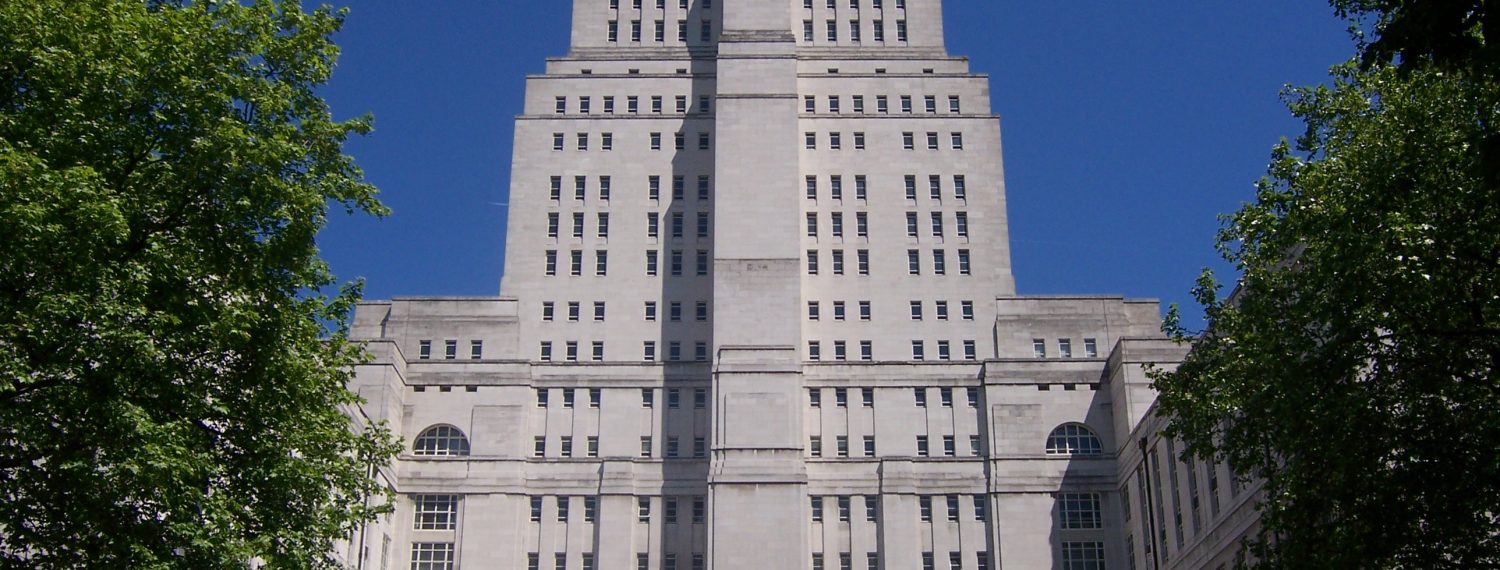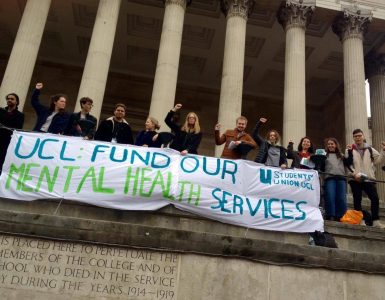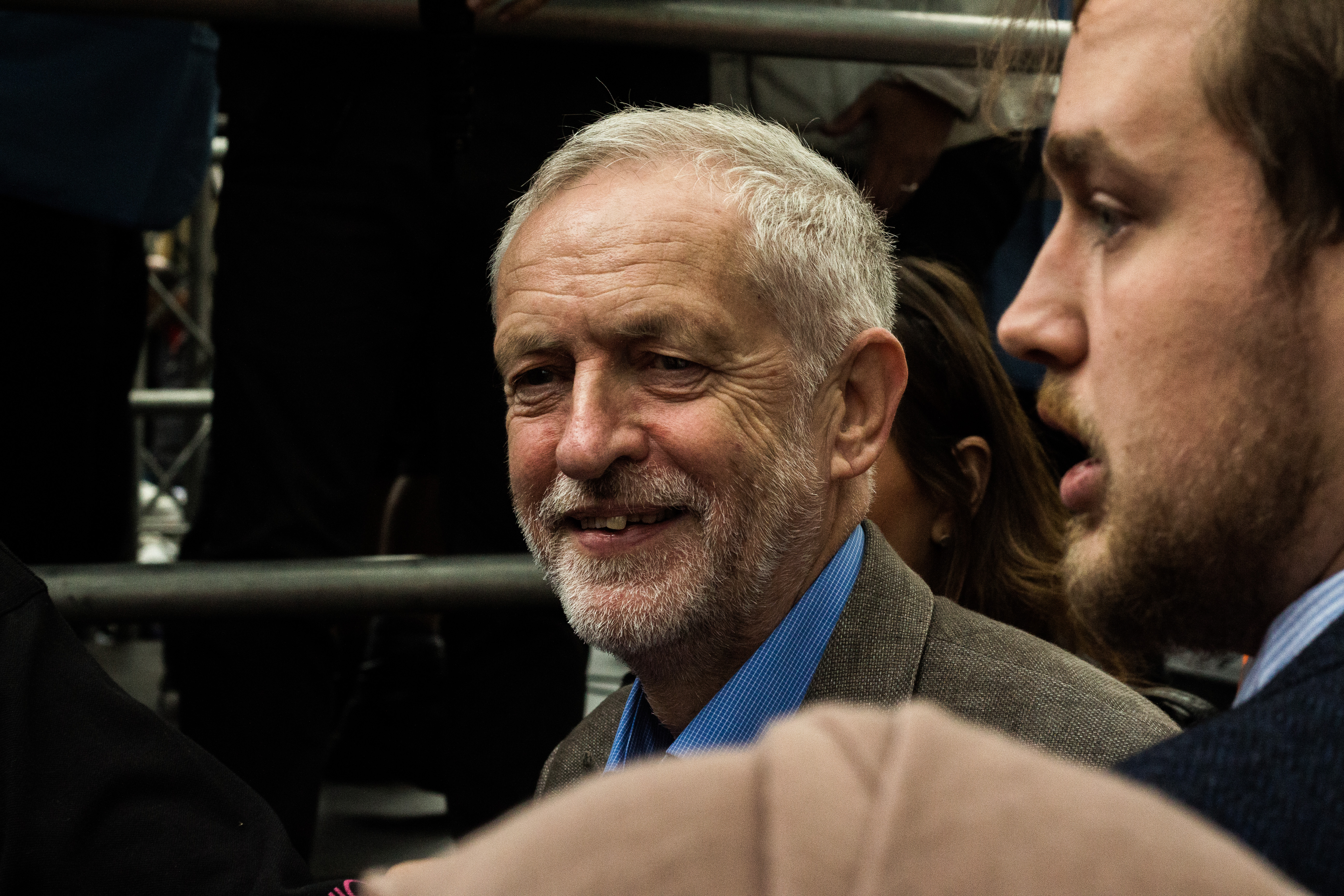Jo Johnson, brother of Boris and Minister for Universities, has found himself in a rather tight spot. In an impassioned speech in late December, he explained Theresa May’s latest controversial policy: The Office for Students (OfS). As part of this new body’s mission to regulate the market of higher education, they will impose fines on higher education institutions which fail to uphold free speech. But is this justified?
This article is, at its heart, a defence of absolute free speech in the university system – although we will come to realise that all is, unfortunately, not as it seems. What this article is not, however, is a forensic examination of truth. To that end, I preface the following discussion with the acknowledgement that much of the sensationalism surrounding suppression of free speech on campus in the media is manufactured, or unproven. However, I proceed on the basis that no-platforming policies and ‘safe-spaces’ in universities do exist, and are becoming more common.
In the internet age, anything is accessible to anyone, be it In the Night Garden or an ISIS beheading. So I begin with the following uncontroversial proposition: no-platforming does not actively prevent access to ideas detrimental to society in the modern university environment. Furthermore, assuming that students do not blindly follow the political views presented by their university, then no-platforming also cannot be said to actively encourage people to stay away from adopting the views it seeks to stop. Similarly, it’s nonsense-speak to suggest that universities ‘legitimise’ harmful views by giving them a platform: if UCL hosted an anti-abortion speaker, we would not say UCL was itself ‘anti-abortion’. These three propositions demonstrate that no-platforming doesn’t actively stop the spread of detrimental ideas, so we must turn our attention to what it is preventing: namely, speeches by controversial figures.
You cannot solve a problem by ignoring it; but you can by addressing it.
But speeches from controversial figures are beneficial: discussion allows the intelligent, logical dismissal of damaging ideas. Take Milo Yiannopoulos, who thrived off an ever-growing base of adherents believing themselves to be ‘oppressed’ and ignored by mainstream politics. All that preventing him from speaking had achieved, essentially, was making him stronger. This all changed, however, when he made an appearance on Real Time with Bill Maher. Faced with an intelligent host, and politically-minded guests, Yiannopoulos was subjected to a systematic destruction of his bigoted views, and the revelation that he wasn’t a culture-changing supervillain after all: he was just a childish outrage-artist in a mask. And therein lies the thrust of the argument: you cannot solve a problem by ignoring it; but you can by addressing it.
To those offended by extreme views, I say ‘good: be offended’. Universities are the sharp end of the education system: a place for thinking, discussion, and learning; a place for ideas to be challenged. In no way, shape, or form do you (or should you) have a legitimate expectation of not being ideologically offended or having your ideas challenged if that offence or challenge is not unlawful. Being offended is a great intellectual opportunity: channel the passion you feel into building a counter-narrative against the view which you disagree with so strongly. Don’t just stifle the debate by blocking the opposing view, for that’s equivalent to forfeiting the battle. Fight for your views, as students have always done.
If generations of working-class Americans hadn’t had their opinions stifled, trampled upon, and laughed at; if we’d let these people speak, and we’d engaged in constructive debate about how to solve the issues they faced in society; do you honestly think Donald J. Trump would be sitting in the Oval Office today?
That suffices, I believe, as a brief defence for freedom of speech. But whilst we while away our attentions on the cult of outrage and unjustified offence, what’s going on right in front of our eyes? Like a spectral mist clouding our vision, the very Conservative government which admonishes the restriction of freedom of speech is so wholeheartedly itself preventing people speaking their minds.
‘Prevent’ effectively works to stifle debate
Firstly, we turn to the ‘Prevent’ strategy, espoused by the Higher Education Funding Council for England. The aim of the strategy is to prevent radicalisation, but as countless commentators have noted (including Rights Watch UK and representatives from the United Nations), by encouraging authority figures (such as lecturers) to monitor certain ethnic groups, it effectively works to stifle debate by flaring up warning lights when sensitive topics (geopolitical conflict/terrorism etc.) are discussed by certain people. Although the strategy does, in places, encourage open discussion and debate, it desperately needs a re-write if the Conservative government wishes to maintain freedom of speech on campus. Even if the government is to argue that the strategy is fair, the perception of it by students still means that many are deterred from expressing their views.
Secondly, we turn to the supposed ‘tide of antisemitism’ engulfing British universities. Problematically, criticism of Israel has been included in the Government-adopted IHRA definition of Antisemitism (ironically, a definition rejected by many UK universities for stifling free speech). This is a problem: the vast majority of people who criticise the Israeli regime do not use these conclusions to hate Jewish people; that argument would be non-sequitorial. This, combined with unsubstantiated, hysterical reports from all sides that antisemitism is rapidly rising in UK universities, when, in fact, it’s not, universities are often pressurised into trying to quell pro-Palestine events or constructive debates on the situation by the very government that is threatening to fine them for doing so.
Towards the end of his explanation, Mr Johnson falls into this same trap when he gives last year’s Hen Mazzig catastrophe at UCL as an example. He calls it a ‘violent Anti-Israel protest’, when, in fact, it emerged that the two physical/violent acts were carried out by members of UCL’s Israel Society. Indeed, at the same event, at least one Israel Society member was filmed shouting racist and derogatory chants at Palestine Society members. This (probably accidental) deception is indicative of the political situation really placing a blocker on the ability of universities to allow free speech: if one of the biggest issues in politics, and one that students are so often involved in, is mired in misled accusations of hate speech, then how can people feel free to speak their minds?
At the end of the day, we have seen that freedom of speech is a cornerstone of the university experience, and in it’s purest form, allows damaging ideas to be dismissed more effectively than stifling them. To this end, I commend the government for stepping up to protect such a valuable asset. However, when we dig a little deeper, it appears as though the imposition of the OfS is more than a little hypocritical: the controversial Prevent strategy, and a tumultuous suppressing of one of the largest political debates of the century has led to universities being caught in a situation where they have little choice but to no-platform speakers. If the Conservatives really wish to commit to protecting freedom of speech on campus, they have more stumbling blocks to clear before they start fining organisations.














Add comment